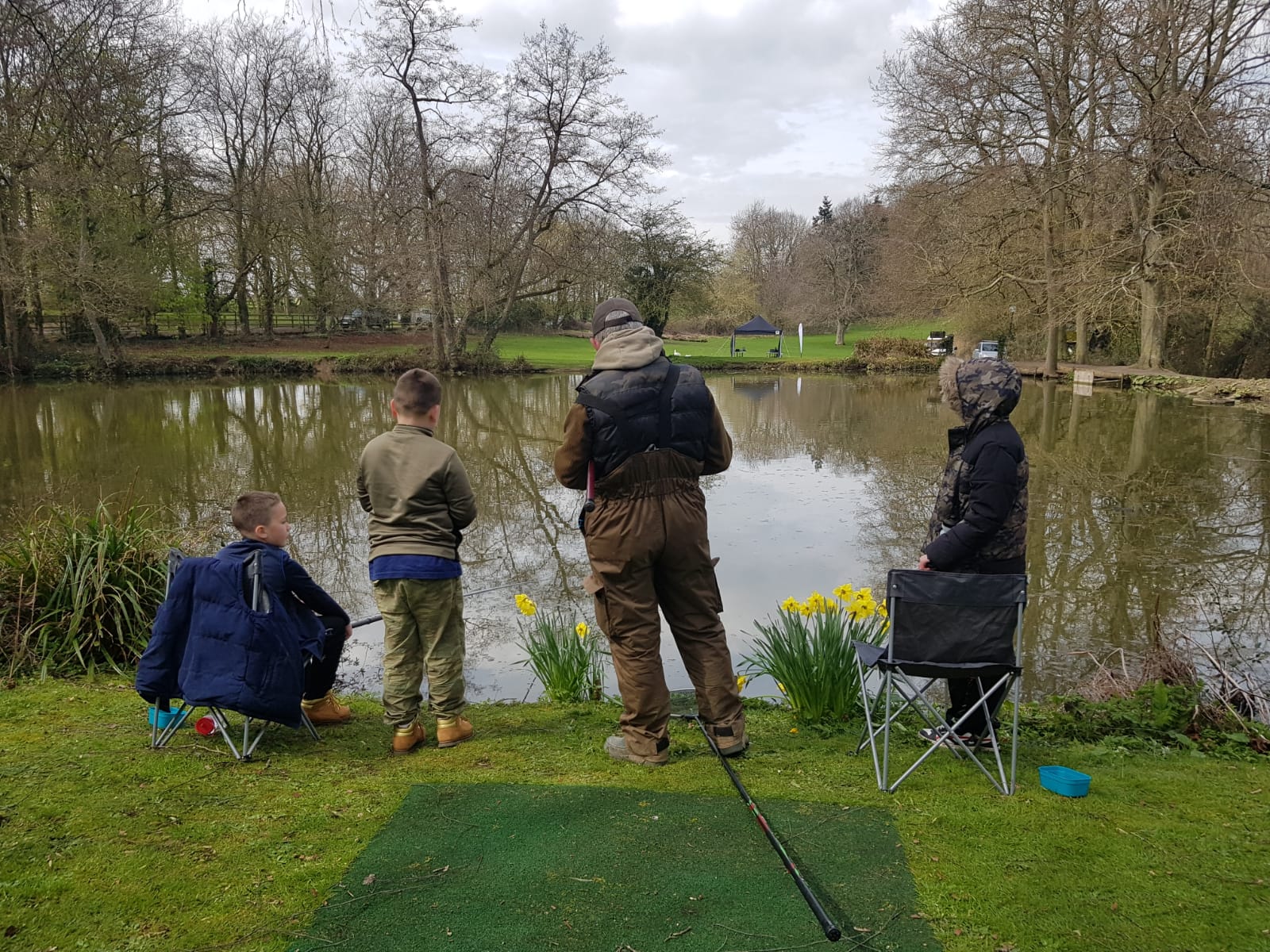World Wellbeing Week is for everyone as looking after our physical and mental wellbeing should be a priority for all. Practising prioritising our own wellbeing as well as checking in with others is something we should adopt from an early age, as it could benefit growth and development.
Children’s wellbeing is extremely important as they are our future. In 2022, according to NHS statistics, 18% of children aged 7 to 16 had a probable mental disorder. An increase in statistics such as this should draw our focus towards how we can educate children to look after their wellbeing, as well as think about what we can do to action more support and guidance.
Whether you’re a teacher, parent or carer, there are different practices that can be encouraged to help our children and young people. Doing a daily wellbeing activity can be a great starting point and to make it a creative exercise, you could ask a child to design a wellbeing calendar which they can decorate. Daily wellbeing activities could include yoga, journaling, a nature walk or cooking a nutritious meal. These activities should focus on both physical and mental wellbeing to help boost positive hormones and improve their healthy lifestyle.
Some of these practices are delivered at Essex ActivAte clubs across the county as they strive to deliver enrichment activities for young people and children. The Essex ActivAte programme, delivered by Active Essex, helps support young people and low income families stay active and enjoy nutritious food during the school holidays. Children who have been affected by food insecurity can attend HAF clubs and learn new skills that will help them maintain a healthy lifestyle in the future.
Encouraging children to talk is another way to ensure their wellbeing is looked after. Bottling up emotions or worries can cause mental and physical issues as stress can have a negative impact. Conversations about mental health can be encouraged at home or in the classroom, and using activities can be a great tool to start these conversations. Being in a team can be a support network for children, so involving them in group physical activities could be beneficial.
Daily walks could also help as it’s an opportunity to spend time alone with a child and talk. This has been encouraged through The Daily Mile, which is a programme Active Essex support to increase children’s physical activity. The initiative is free and simple, it is also fully inclusive and strives to encourage children to get out of the classroom for fifteen minutes every day by running, walking or jogging at their own pace.
Active Essex support and facilitate a range of programmes and resources that can boost a child’s wellbeing. For example, there is access to mindfulness for primary schools which teaches children some essential skills to look after their mental wellbeing.
Looking after yourself, both body and mind, is something we should all strive to do and learning these skills at an early age can benefit us and those around us. This wellbeing week think about what you can do to teach the next generation about the importance of physical and mental wellbeing.
Link to Essex ActivAte: https://www.activeessex.org/children-young-people/essex-activate/explained/
Wellbeing tips and ideas for children: https://www.twinkl.co.uk/event/world-wellbeing-week-2023
Our Active Essex tools: https://www.activeessex.org/children-young-people/school/




